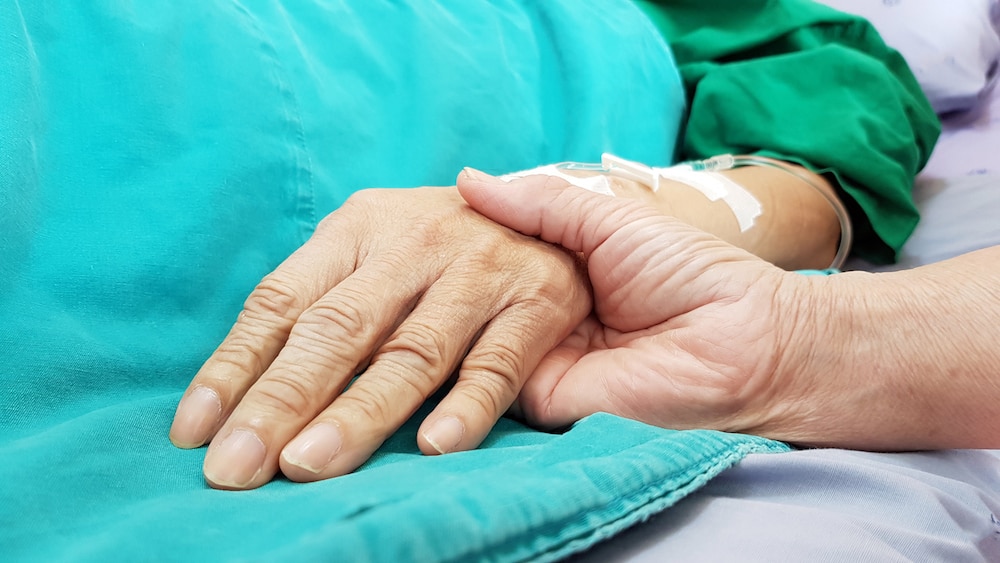The ACT Government has opened public consultation about a voluntary assisted dying model for the ACT.
“Voluntary assisted dying is a safe and effective medical process that gives an eligible person the option to end their suffering by choosing how and when they die,” Tara Cheyne, ACT Minister for Human Rights, said.
Ms Cheyne said the feedback from this consultation will be used to develop the ACT’s legislation and model.
“With strong community support for voluntary assisted dying in the ACT, this consultation is about understanding the community’s views about how a scheme in the ACT could work, including eligibility criteria and appropriate safeguards.”
- Work begins on voluntary assisted dying for ACT Government (2 December 2022)
- ACT politicians welcome Territory rights after 25 years (2 December 2022)
A discussion paper provides information and analysis on voluntary assisted dying schemes in the Australian states, and presents key questions the ACT should consider in developing its approach.
“While we have the benefit of existing legislation and experiences in the Australian states, they are at different stages of implementation, and each jurisdiction has its own unique characteristics,” Ms Cheyne said.
“Through this consultation, we are looking to learn and draw from other jurisdictions’ experiences while developing a model which reflects our own community’s values.”
The government will talk to health professionals and stakeholders throughout the consultation period.
The consultation will close on Thursday, 6 April.
Following community consultation, the ACT Government will prepare a listening report that summarises and reflects the feedback.
The ACT Government intends to introduce the legislation into parliament in the second half of this year. Ms Cheyne anticipates that a parliamentary committee would review the legislation before the law is debated.
Find out more or have your say at: YourSay.act.gov.au/vad
If a voluntary assisted dying law raises issues for you or your family, please contact Lifeline on 13 11 14, or Griefline on 1300 845 745.



